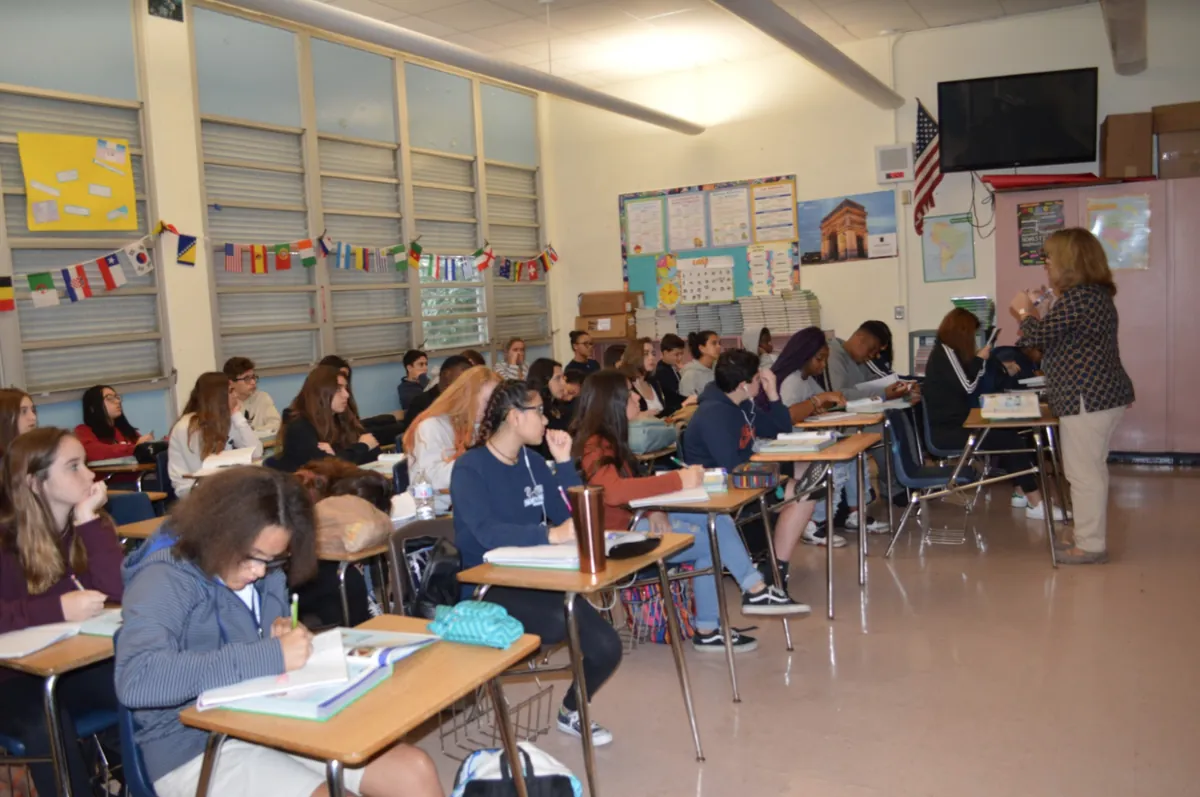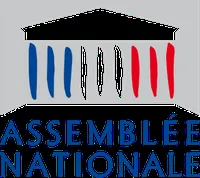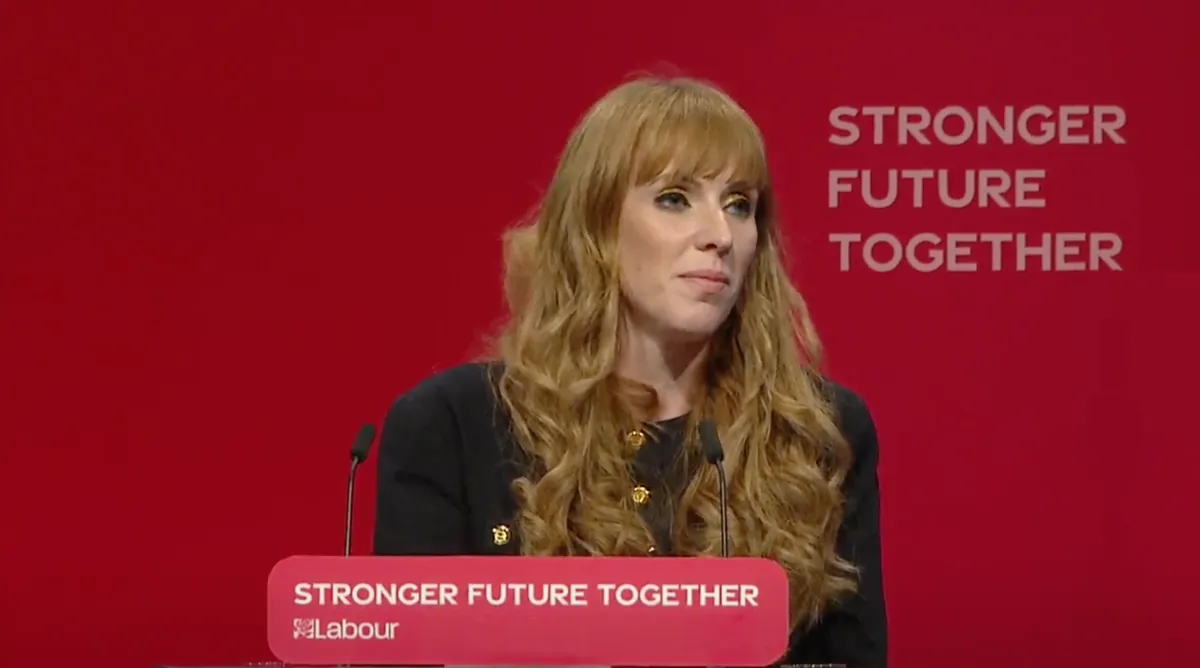Labour's VAT Plan for Private Schools May Strain State Sector in Key Areas
Labour's proposal to remove VAT exemption from private school fees could impact state school capacity in Bristol, Salford, and parts of London. Opposition demands assessment of potential consequences.

Labour's plan to remove Value Added Tax (VAT) exemption from private school fees has sparked concerns about potential strain on state schools in specific areas of the UK. The policy, set to be implemented in January 2025, has drawn criticism from think tanks and industry figures who warn of a possible influx of students into the state sector.
Four areas have been identified as potentially facing significant challenges: Bristol, Salford, and the London boroughs of Richmond-upon-Thames and Camden. These locations are characterized by high numbers of privately educated children and limited capacity in state schools.
Damian Hinds, the shadow education secretary, has raised concerns about the policy's impact. In a letter to Bridget Phillipson, he emphasized the potential consequences for children and parents in the state sector, stating:
"This tax could see many thousands of pupils move to the state sector, increasing class sizes and cost for the taxpayer, and ultimately making it less likely a parent will secure their preferred choice of school."
The opposition has called for the government to publish a comprehensive assessment of state school capacity by region and year group before the Budget on October 30, 2024. This information is deemed crucial for parents, schools, and local authorities to prepare adequately.
Data from the Department for Education reveals concerning statistics:
- 59% of secondary schools in Bristol are at or exceeding capacity
- 94% of state secondary places in Salford were filled in the 2022-23 academic year
- 100% of school sixth forms in Camden are at excess capacity
- 50% of sixth forms in Richmond-upon-Thames are at capacity
These figures highlight the potential challenges these areas may face if there is a significant shift of students from private to state schools.
Labour, however, maintains that the number of students leaving independent schools will be "minimal" and that there are sufficient state school places available. The party argues that the policy aims to create a more equitable education system.

It's worth noting that approximately 7% of UK students attend private schools, one of the highest proportions in the developed world. The average annual fee for private day schools in the UK is around £15,000, making the VAT exemption a significant financial factor for many families.
The debate surrounding this policy underscores the complex relationship between private and state education in the UK. As the implementation date approaches, stakeholders on all sides will be closely monitoring the potential impacts on school capacity, educational quality, and social equity.


































